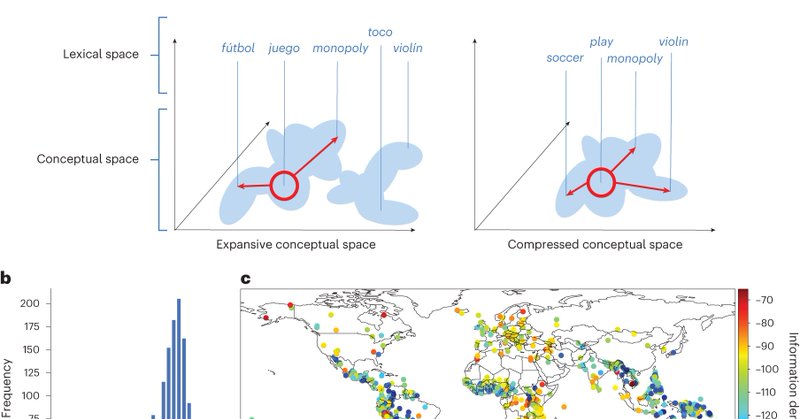
Abraham Oshotse 🌐
@AbrahamOshotse
Followers
246
Following
781
Media
15
Statuses
395
Lover of french fries and dogs. Computational/Cultural Sociology, Organizational Theory. PhD @StanfordGSB, Assistant Professor of Management @EmoryGoizueta
Joined September 2013
I'm extremely excited to share that our paper on Cultural Appropriation, with @YaelBerda and @amirgoldb has been accepted at @ASR_Journal !. In it we explore why some acts of cultural boundary crossing are repudiated as "appropriation" while others are seen as legitimate.
3
20
154
RT @peteaceves: So excited to share that my new paper with @profjamesevans, “Human languages with greater information density have higher c….
nature.com
Nature Human Behaviour - The authors document wide variation in information density and speed of communication across the world’s languages. They find that higher-density languages...
0
16
0
RT @amirgoldb: Our new paper on cultural appropriation is out @ASR_Journal!.We show that people object to cultural boundary-crossing by hig….
journals.sagepub.com
Why are some acts of cultural boundary-crossing considered permissible whereas others are repudiated as cultural appropriation? We argue that perceptions of cul...
0
13
0
Outstanding work here by Doug and @solenedelecourt !.
🚨📢 I’m delighted and proud to share our new @Nature paper “Online Images Amplify Gender Bias” What better day than Valentine’s Day to learn about gender stereotypes?🩷A thread 🧵.
1
0
2
This tracks with my intuition for sure.
As a researcher, I try my best to notice robust findings that go against my priors -- meaning that before seeing the results, I would have predicted the opposite. Here is a recent & thought-provoking example, comparing the psychology of people who were born rich vs. became rich.
0
0
2
RT @ewzucker: Very excited re new published paper, w my amazing coauthors Jaekyung Ha & Stine Grodal. Theory has implications for questions….
0
2
0
RT @DzGuilbeault: New paper in Management Science w. @AustinVanLoon Katharina Lix @amirgoldb & Sameer Srivastava: “Exposure to the Views….
0
8
0
There is a lot more interesting detail in the paper, but I will wrap it up here. It was a labor of love with @amirgoldb and @YaelBerda, and we're happy it's finally out. If you've ever wondered about cultural appropriation, I'm sure it will have some answers for you!.
1
0
1











